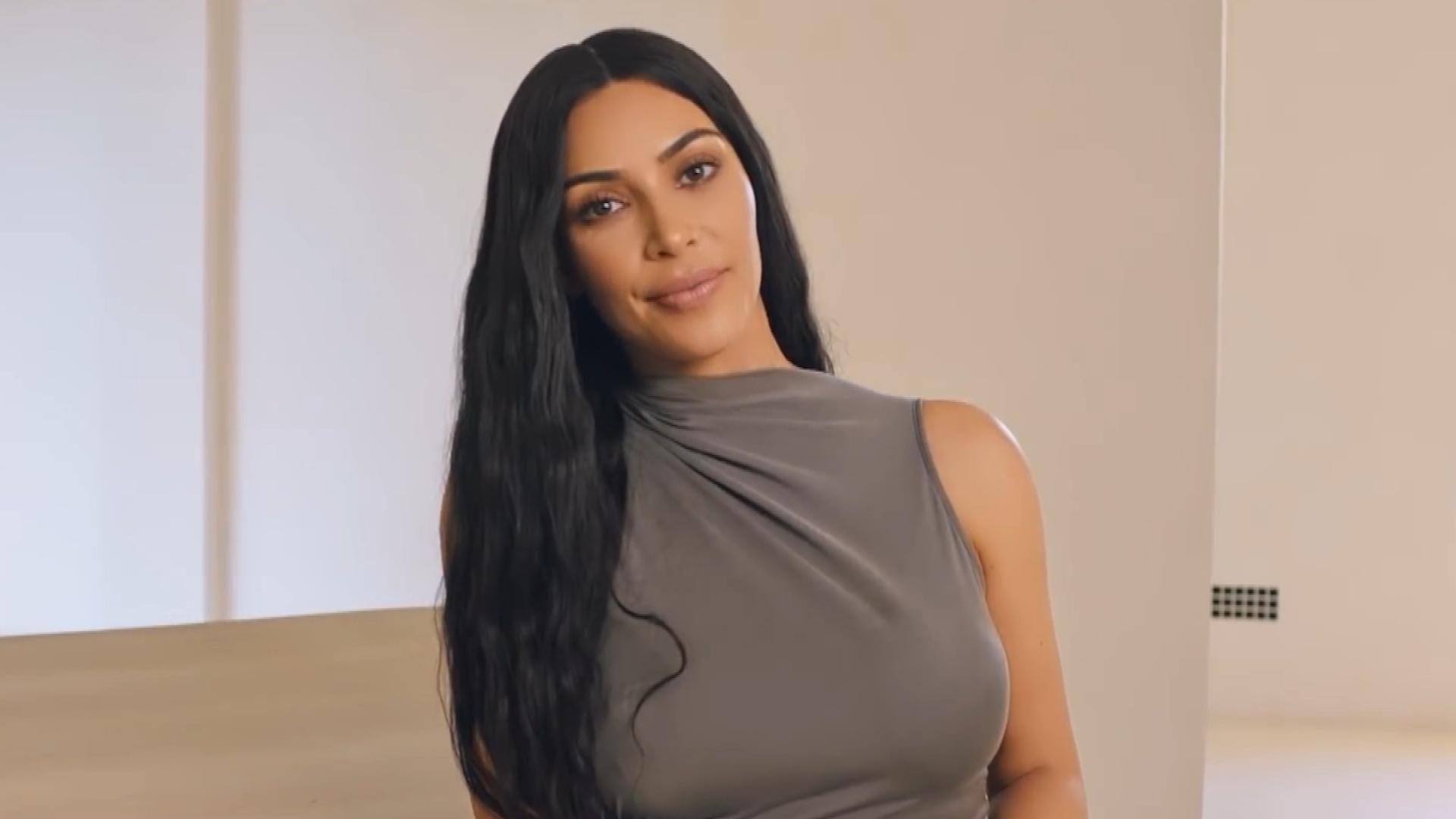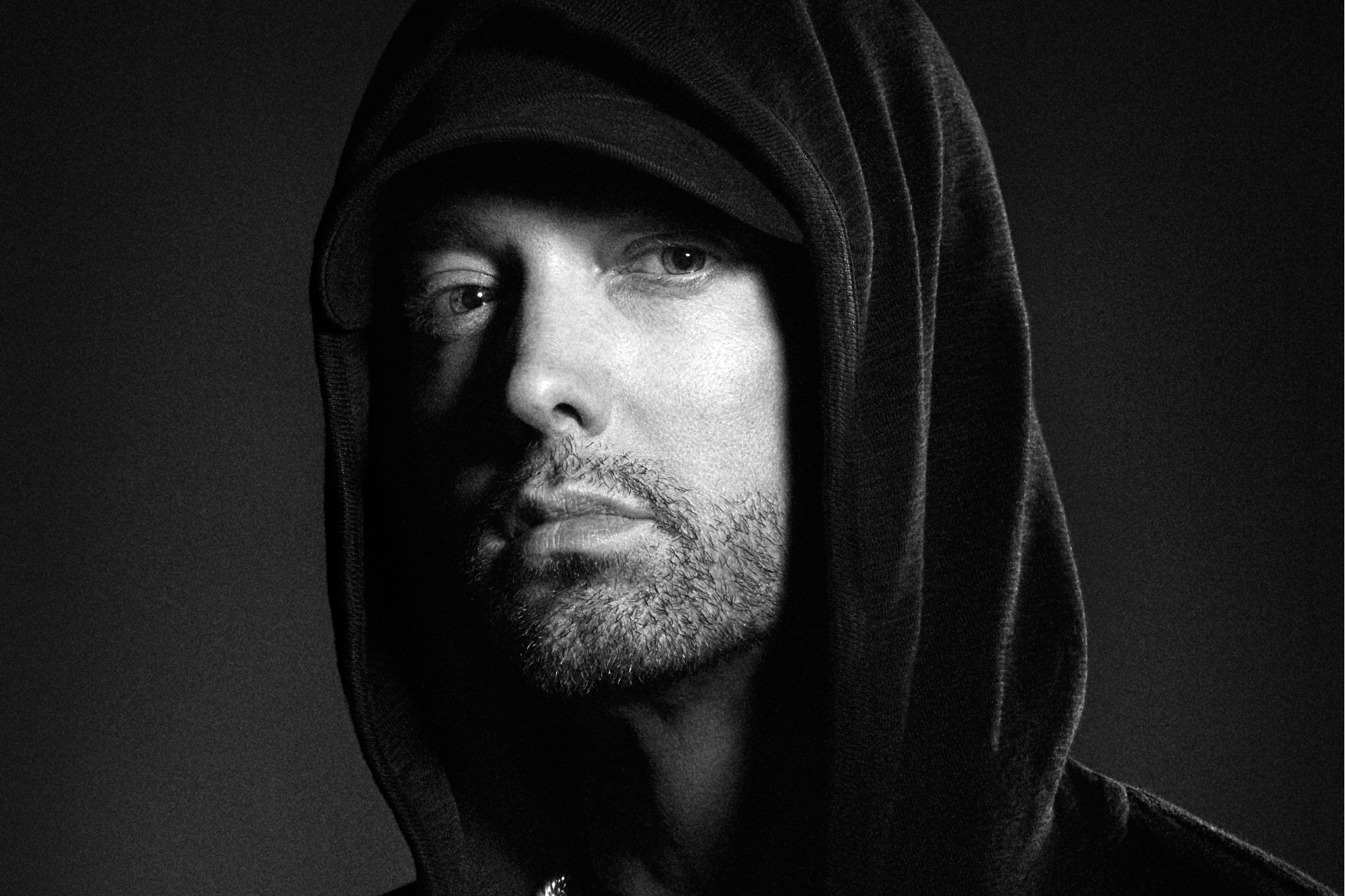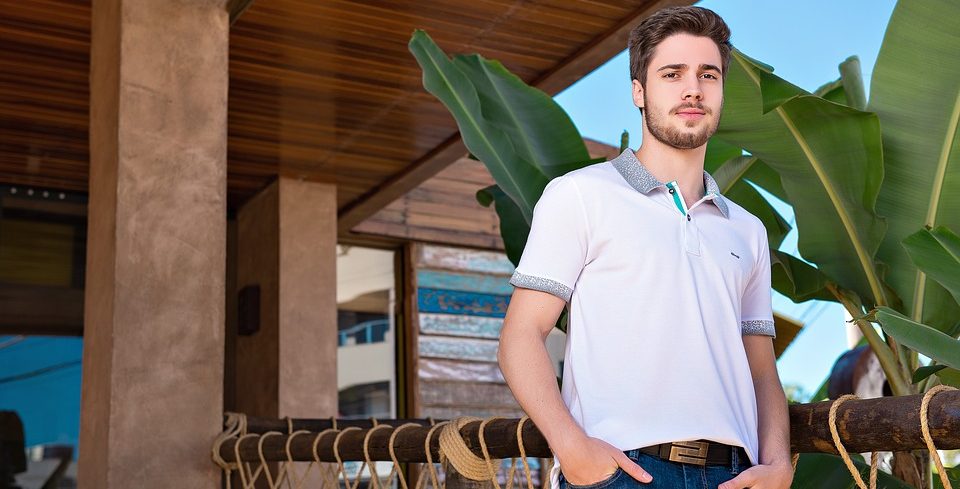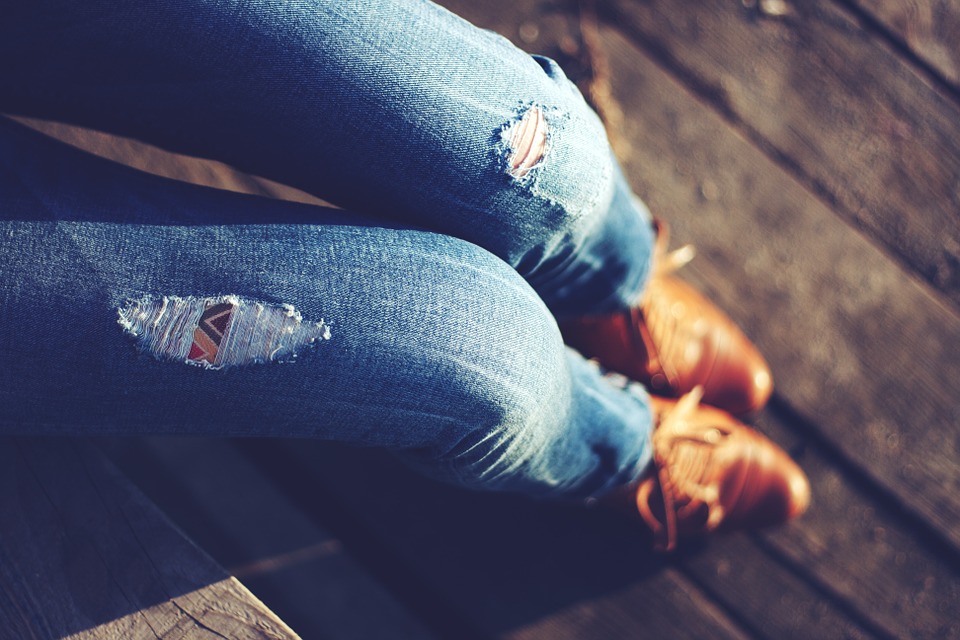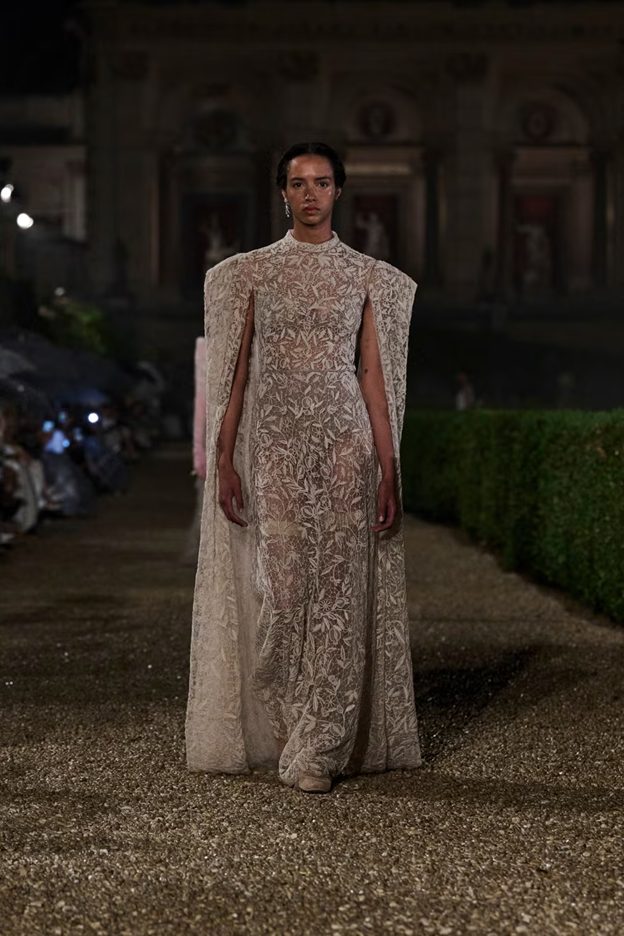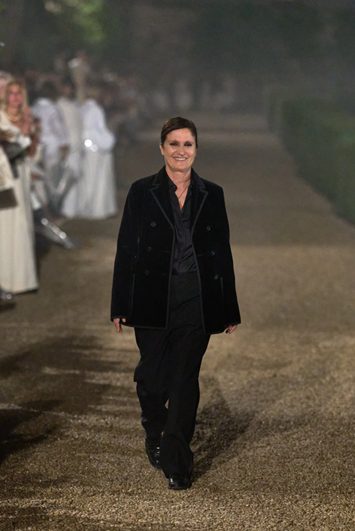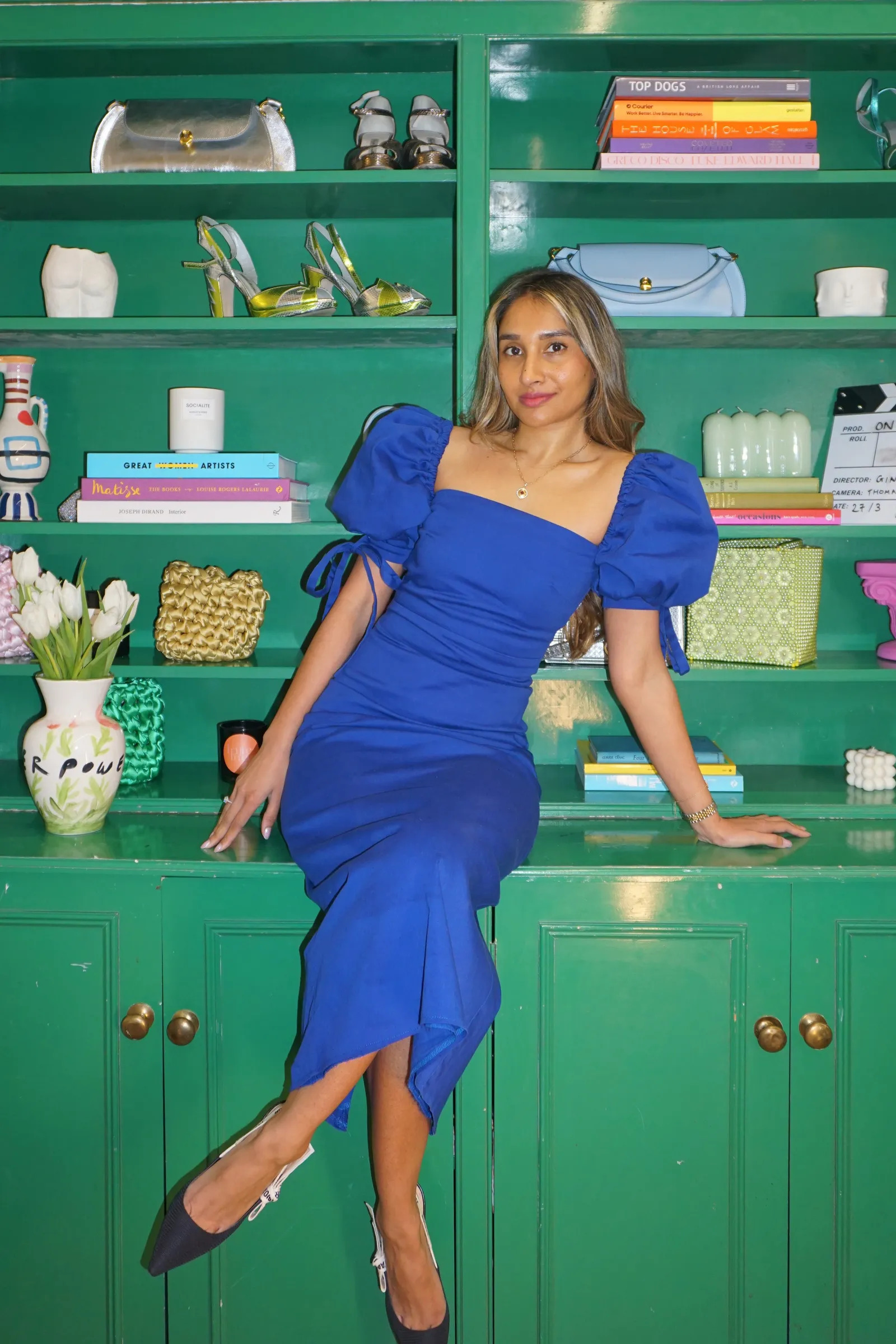
Eshita Kabra-Davies, founder of fashion rental app By Rotation, believes sustainable fashion is all about joy and forging unexpected friendships.
Picture this. It’s a late spring evening in a common understudy house that inclines a little onto the road, similar to being more a piece of the action is throbbing. The compulsory pre-night-out closet conference is going full bore. Somebody gulps the juice of a relentless lemon into a cup of vodka. To the surprise of no one, nobody has anything to wear. Will pants and a pleasant top be the enchanted equation? If by some stroke of good luck it were cooler. The air adheres to us all like a film.
So we trade tops, dresses, whole gatherings. We pull off our skins and hand them to one another, silk and lurex and harsh denim. We as a whole realize that another outfit adds a rush to a night — even one that will begin and possible end like some other: back here, after the club lights turn inelegantly on, to lie on the couch or spread on a bed, appendages tangled. We as a whole smell similar to one another. We as a whole utilize a similar clothing cleanser, indeed, yet additionally, a big part of what we’re wearing is another person’s. The perpetual pivot of garments was a characteristic reality of my mid twenties — one closet stretched out into two, four, but a significant number of us were residing in one house at one time. It’s not difficult to romanticize when I obscure out the recollections of contracting my housemate’s number one poplin shirt in the clothes washer, regrettably, or when she gave me back a dark slip, a little cigarette-scorched.
This style thrill, this capacity to get to oddity — without, significantly, purchasing and disposing of masses of garments, and adding to the developing issue of design squander — is what Rajasthan-conceived, London-based Eshita Kabra-Davies is attempting to outfit the ladies of the UK with, through her design rental application, By Pivot. Kabra-Davies began her organization in 2019. On By Turn, moneylenders list their creator and classic pieces — each posting is independently endorsed, and quick design brands don’t take care of business — and clients pay to lease them for a day, a week or much longer. Some of By Revolution’s hits are event pieces: radiant emerald outfits from the Princess of Ribs’ number one The Vampire’s Better half, or smooth, sheer wisps from It-young lady ensured mark Rodent and Boa. Fortunately, By Revolution’s development was determined by the absence of event dressing that would continue in the pandemic years: the application currently flaunts around 360,000 clients, including renowned UK names like the entertainer Helen Mirren, Woman Amelia Windsor, and force to be reckoned with Camille Charrière. GlobalData figures that the UK rental clothing business sector will arrive at a worth of £2.3 billion by 2029. “I needed the sensation of sharing dresses, as with companions,” Kabra-Davies makes sense of, resting her elbow on a rich armrest in London’s Mayfair. She has an inquisitively cross-country complement, spotted with shades of Singapore, where she was raised, and England, where she has now made her home. She leans against the decorated pads. “What’s more, at its heart, By Pivot is actually a sort of informal community.”


Kabra-Davies previously chose to begin By Revolution when she understood that she was unable to find a progression of outfits for her wedding trip in Rajasthan without getting them generally pristine explicitly for the event — a thought that didn’t agree with her, especially subsequent to seeing firsthand the mountains of material waste that Rajasthan (and India all the more comprehensively) takes on from the West. “I entirely needed to lease stuff from these truly elegant ladies on Instagram,” she giggles. “Yet, clearly, it could have been unusual to DM them or leave remarks and say, ‘Hello, might I at any point acquire your jacket? I’ll pay you!'” And along these lines, By Turn was conceived. All in all, would she say she is persona non grata in the style business, considering that in her quest for making the design business a more practical spot, she’s basically carrying could be clients of a brand away from the deal — and into the holding up arms of a By Revolution moneylender?
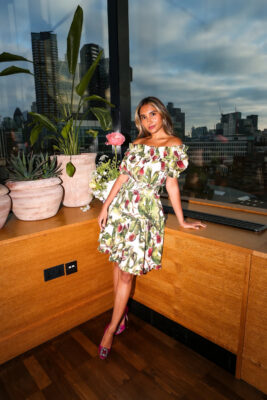
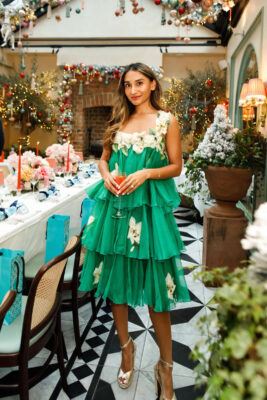
“There was a touch of doubt from the beginning,” concedes Kabra-Davies. “Well, I was fundamentally telling individuals not to purchase [a designer’s] garments. “Presently, I think a ton of originators have come around to understand that leasing can really be an extraordinary passage highlight getting individuals more acquainted with a brand… and afterward perhaps likewise putting resources into a piece themselves.” Kabra-Davies motions to her lap, where the silk of her slip dress pools like dark fluid. It’s a piece by the Turkish brand Bocan Couture, edged with white and gold ribbon, striking against her honeyed skin. She is the best promotion for her own organization — when I praise her on the piece, she tells me, cleverly, that she knows a spot that I could lease it out. A portion of her companions have, she says, and they cherished the fit such a lot of that they put resources into Bocan Couture bits of their own.
That Instagram was one of By Turn’s establishing muses is clear: the application just stage has, all along, been considered as a local area. Kabra-Davies believed it should work as a social space, with commitment, tomfoolery and discussion at its center. While on other computerized design stages, as eBay, or Depop, for instance, correspondence is a method for working with an exchange, at By Pivot, correspondence is important for the experience. With that in mind, each By Revolution posting is checked before endorsement, and borrowers and loan specialists are obliged to message one another, talk and learn about one another rather than simply squeezing a button. On the off chance that they’re in closeness to one another, banks and borrowers will try and meet face to face to trade a piece (this records for 30% of By Pivot’s exchanges). It’s one more approach to limiting the energy effect of design, while likewise cultivating another association. “It’s something individuals need to be a piece of, instead of simply bring in cash from,” makes sense of Kabra-Davies. A feeling of fellowship, of sharing and trading — similar as a noisy group of housemates before a party — was dependably the polestar of item and plan choices. “Individuals develop their profile, they have pictures and a bio. There are a ton of touchpoints which take it past the value-based.”
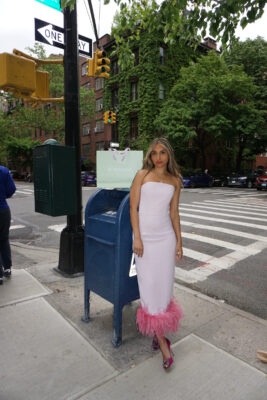
“You don’t simply utilize [By Rotation] in light of the fact that you need to lease something this end of the week. You use it since you need motivation, you need thoughts.” In any case, even she could never have anticipated very the way in which far it could go. “I needed it, yet I didn’t anticipate it — not in any way shape or form. I thought socially, you know, in the UK, individuals would be somewhat watchful… Yet there are accounts of young ladies becoming companions after our gatherings, of going to supper together and hanging out [after leasing from each other].” Kabra-Davies credits the pandemic, to some extent mostly, for the way that individuals have found and made enduring associations through the application. “I think Coronavirus made individuals think, ‘Goodness, perhaps my interpersonal organization, all things considered, is really not excessively enormous. Perhaps I ought to meet more individuals. It’s not bizarre for a lady in that frame of mind to need new companions and extend her group of friends. Furthermore, why not do that through mold?”
POST A COMMENT
You must be logged in to post a comment.






